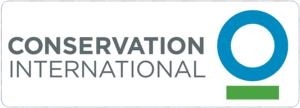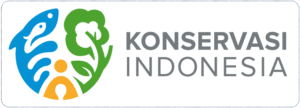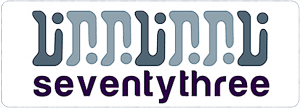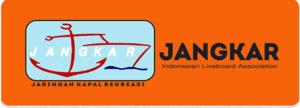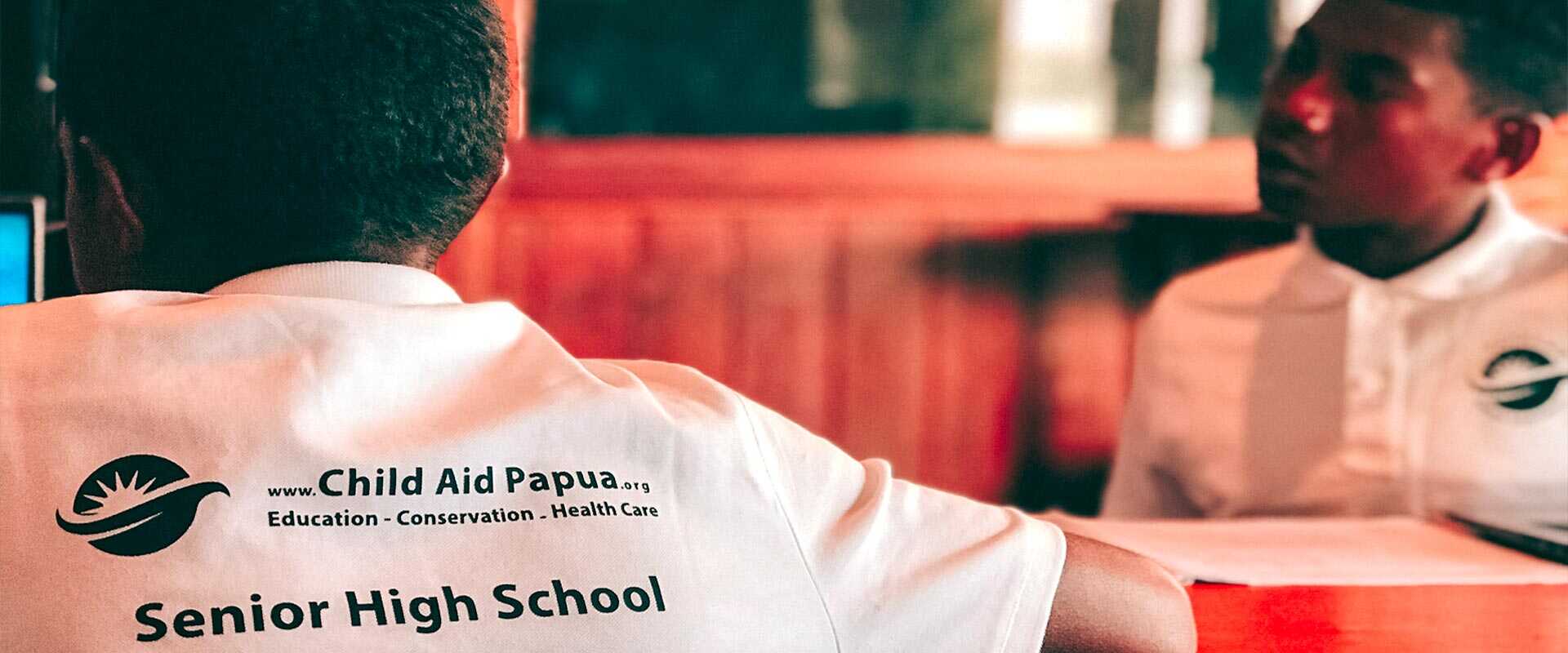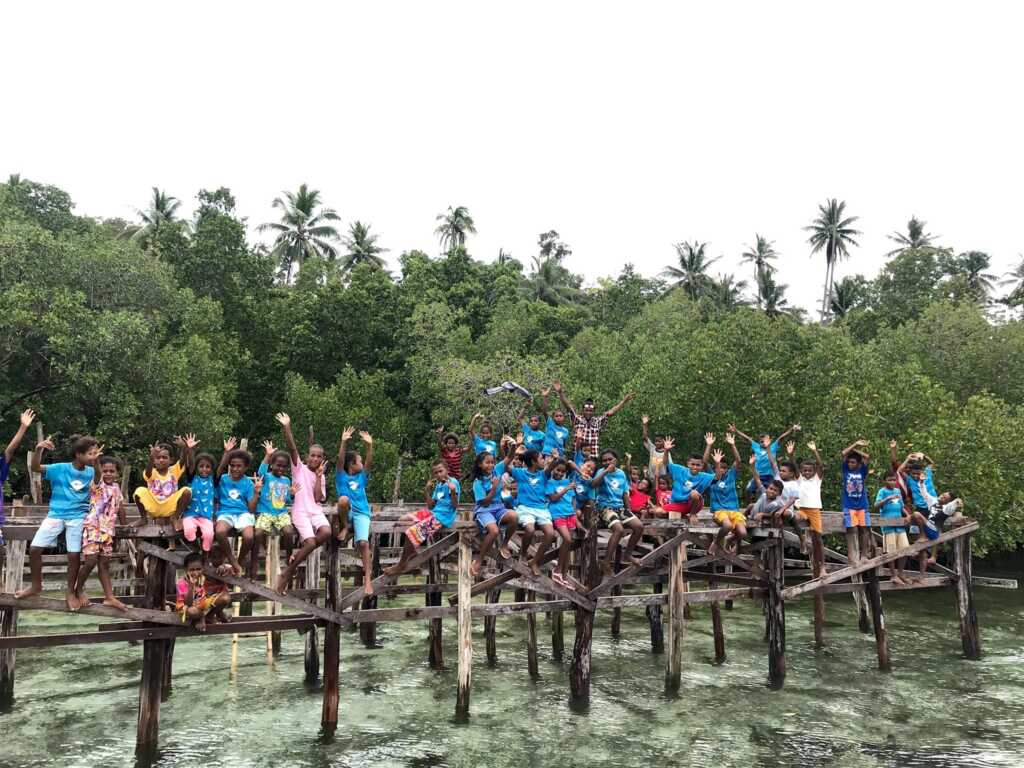Child Aid Papua-High School by Maya Puspa Dewi/Child Aid Papua
Education in West-Papua
Administrator’s note: While many of you sit at home wishing to be in Raja Ampat, the local’s daily life continues. What Child Aid Papua is doing will have a major affect on the quality of the area’s future, for you and them. After reading about their work, if you care, please consider helping them continue their work. Now more than ever please offer your support.
West Papua is considered one of the most uneducated areas in the world. Relative poverty, especially in remote regions, is very high. This means that the children and adolescents have little or no future prospects.
Fact and figures
-
West-Papua has, with a 0.61 rating, the lowest HDI (Human Development Index) score in Indonesia – one of the lowest in the world
-
The absolute poverty rate is 27%
-
Teacher absenteeism is extremely high
-
Future prospects are very low
In Indonesia, all citizens have to undertake twelve years of compulsory education. Sadly, many children who live in remote areas have difficulty accessing formal high school. Here in Raja Ampat, almost every village has a primary school, only! If the children want to continue their education to high school level, they have to go to the nearest town. This means either staying with extended family, who already live in the town, or renting a boarding room. Usually, four or five of these children will end up living in the same room – making their living environment not conducive for studying.
Town life too is totally different from village life. Not only do children have to learn how to live independently, they also experience culture-shock. Yes, even though it’s just two hours away from their own village by boat, there is still a difference in culture. In the town, there is more diversity as many people come from different tribes. The children who grow up in the town are usually more developed, their education is slightly better and living in “town” certainly offers more privilege, such as electricity and access of information. But, this all comes with a downside.
The town kids consider the village kids as “provincial”. To be in the same social circle as the town kids, the village kids have to be as “cool” as they, so they follow what the town kids do. Unfortunately many village children tend to develop bad habits such as smoking and drinking. This sadly, often ends up with these kids becoming addicted and/or getting into trouble. The result is not being able to continue school.
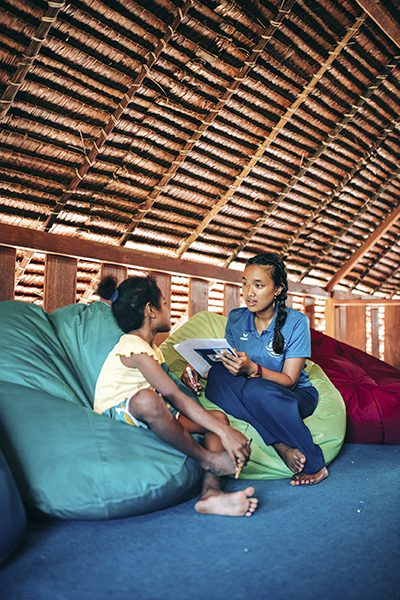
Female students face special challenges. Child Aid Papua offers guidance and support ©Child Aid Papua
There are different problems for the girls. For the village girls, it is a huge dream to go and live in town, but this dream comes with its own issues. As we already know, the internet can be both a good and bad influence. With lack of knowledge and supervision, it unfortunately usually reveals more of its bad side than the good. For most teen-aged girls, having a boyfriend, getting married and raising children is a dream. The internet makes this dream far easier to attain. But sadly most of the time, it ends up with having unprotected sex outside of marriage and youth pregnancy. The result is these girls have to give up their other dreams – the continuation of education and their dream job. Some girls do have the chance to continue their education after giving birth, but not many girls have the family support that allows it.
This makes a case for village eduction but the quality of education in villages is not necessarily better and in some cases worse. The students, who don’t even have basic literacy and numeracy skills, are expected to learn many subjects beyond their level of education. To make sure that students have the basic skills is a very demanding and difficult task, unmotivated teachers simply follow the national curriculum whether or not their students are capable. Many students are left behind, never to learn basic educational skills.
Hope for the future
Tourism in Raja Ampat has grown exponentially in the last several years and offers some of the few lucrative job opportunities in the region. In order for the locals to benefit as well, communication in English is essential. We are therefore enabling the children of Raja Ampat to learn this language. Child Aid Papua’s English lessons are integrated into the official education system and speaking English is afforded high status.
Using English language as a base in their primary schools, Child Aid Papua Foundation has been developing the idea to open our own High School Program, which enables schoolchildren to undertake qualitative, in-depth training from the 7th to 12th school year without leaving the village. The pupils are supervised individually and trained in all subjects..
We are proud to announce that in January 2020 Child Aid Papua, with the support and permission from the Education Department of Raja Ampat was afforded official High School Accreditation and is therefore able to offer a recognized school “Leaving Certificate” (diploma). We are very optimistic with our decision!
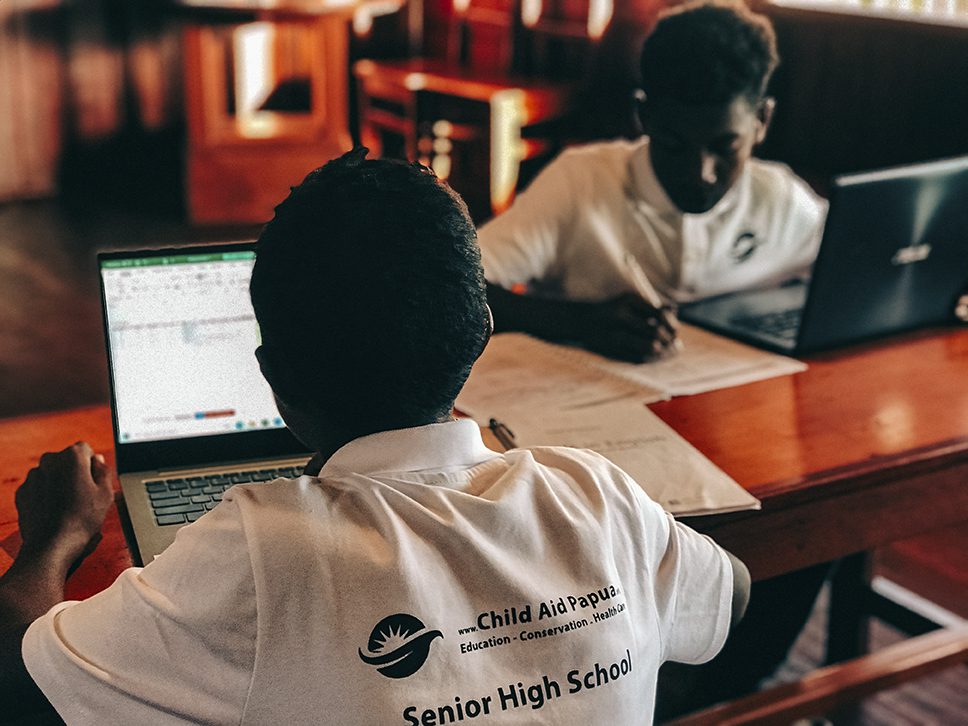
With modern technology and individual support, these students have a chance to make their world a better place ©Child Aid Papua
The Senior High School program, for which the major is Marine and Sustainable Tourism has begun. This is something that is already close to their hearts and the knowledge the students gain will surely be a good fit for their futures. This, however, is not only for the sake of their own personal future, but also the future of their community. Adolescence is a period of life with specific developmental needs and the schooling process has a significant impact on a child’s development, both academically and societally. We want to make sure that our students, who have already been learning with us since Primary School, maintain their learning spirit and get the opportunity to develop themselves as they want – not what the system wants. With this opportunity, they don’t need to leave their island to continue their education. So, this program makes it possible for us to be with them in the most important time of their self-development.
Contextual learning with an individual approach is always our principle in teaching. We want to help our students to embrace their own uniqueness and lead them, based on what they want to become. Also, the continuous practical learning that we offer really shapes their daily habits. This gives better results in making them feel “brave” to speak in English, even with the tourists. Many people here are usually shy to start a conversation with tourists, let alone being able to adequately communicate with them in English.
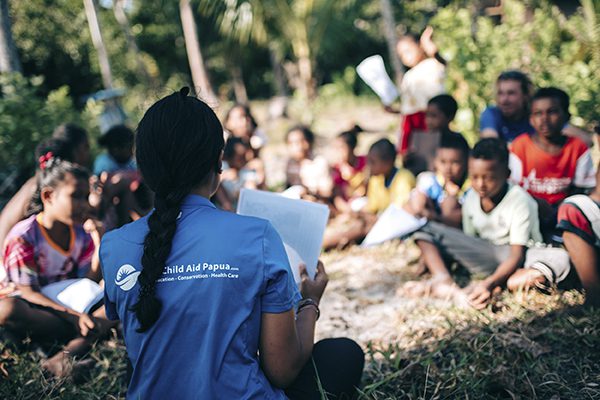
Absentee-ism is not an issue at Child Aid Papua’s schools. Everyone wants to attend, everyone, wants to learn. ©Child Aid Papua
The Child Aid Papua High School also offers opportunity for our students to go to summer school in Bandung (West Java). This program will be focusing on improving their numeracy skills – which are really important for their present and future life. Innumeracy is a big issue here but society does not see it as an important thing to be changed. Also, this program allows them to do great things in their school holiday time – not only to mastering numeracy skills but also having new experience of traveling far from home.
In the end of their High School programme, our students will also get a great opportunity to take on internship positions. Not only locally but also outside Raja Ampat or even better, abroad. With our connections and support, it should be possible for our graduates to find a good job opportunity after they finish school. Nowadays, many tourism operators still prefer to employ people from outside the area. This programme hopefully can change that fact. Our graduates will have the opportunity to obtain good jobs, open businesses, and become the local future leaders in the region.
Maya Puspa Dewi, is the Indonesian Director of the Child Aid Papua or, as it is known in Indonesia, Yayasan Cahaya Anak Papua.






